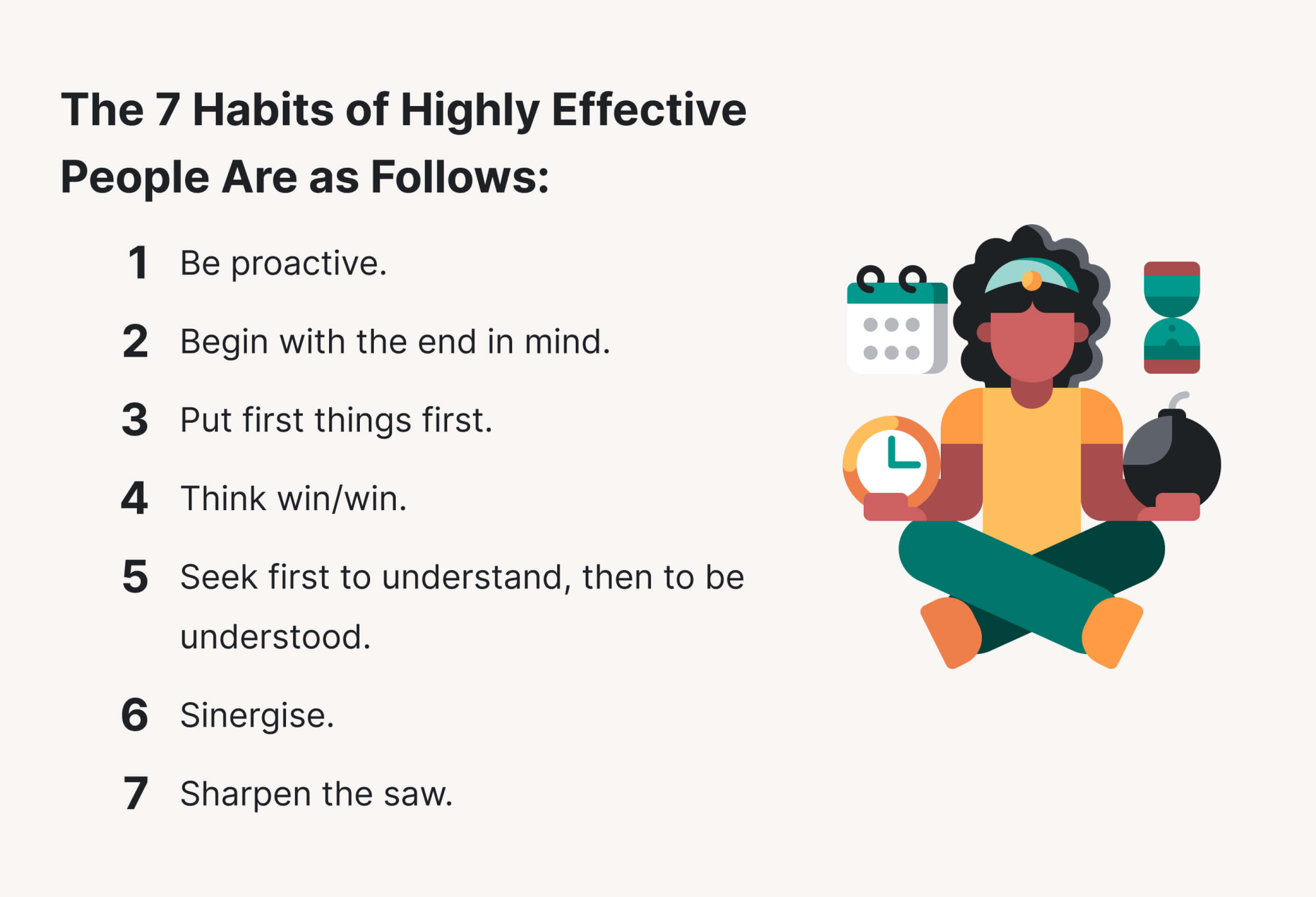How To Make Your Insecurities Go Away

Insecurities, those nagging doubts and fears that undermine our confidence, are a ubiquitous part of the human experience. They can manifest in various forms, impacting our relationships, career aspirations, and overall well-being. The pervasive nature of insecurity makes it crucial to understand its roots and, more importantly, how to mitigate its grip on our lives.
This article delves into evidence-based strategies for overcoming insecurities, offering a practical guide based on psychological research and expert insights. We will explore actionable techniques for identifying the sources of insecurity, challenging negative thought patterns, building self-compassion, and fostering resilience. Ultimately, the goal is to empower individuals to cultivate a stronger sense of self-worth and navigate life with greater confidence.
Understanding the Roots of Insecurity
Insecurities often stem from a complex interplay of factors. Childhood experiences, such as criticism or lack of validation, can lay the foundation for self-doubt. Social comparisons, especially in the age of social media, fuel feelings of inadequacy.
According to the American Psychological Association, early attachment experiences significantly influence an individual's sense of security. Unstable or inconsistent parenting can lead to anxiety and insecurity in later life. Societal pressures and cultural norms also contribute to the development of insecurities, particularly regarding body image, success, and social status.
Challenging Negative Thought Patterns
One of the most effective strategies for combating insecurity involves identifying and challenging negative thought patterns. These thoughts often take the form of self-criticism, catastrophizing, and all-or-nothing thinking. Cognitive Behavioral Therapy (CBT) techniques, widely supported by research, offer a structured approach to modifying these patterns.
A key technique is cognitive restructuring, which involves identifying negative thoughts, examining the evidence for and against them, and replacing them with more balanced and realistic alternatives. For instance, instead of thinking "I'm going to fail this presentation," one might reframe it as "I'm well-prepared, and even if I'm nervous, I can still deliver a good presentation."
According to Dr. David Burns, author of "Feeling Good," practicing thought records can be instrumental in identifying and challenging cognitive distortions. These records help individuals become more aware of their negative thoughts and develop strategies for managing them.
Cultivating Self-Compassion
Self-compassion involves treating oneself with the same kindness and understanding that one would offer to a friend facing similar challenges. It's a powerful antidote to self-criticism and shame, which are often at the heart of insecurity. Self-compassion, as defined by Dr. Kristin Neff, includes three main components: self-kindness, common humanity, and mindfulness.
Self-kindness involves offering oneself warmth and understanding instead of harsh judgment. Common humanity acknowledges that suffering and imperfection are a shared human experience, rather than isolating flaws. Mindfulness entails observing one's thoughts and feelings without getting carried away by them.
Research consistently demonstrates the benefits of self-compassion for mental well-being. Studies have shown that individuals who practice self-compassion experience lower levels of anxiety, depression, and self-criticism. They also tend to have greater emotional resilience and life satisfaction.
Building Self-Efficacy Through Action
Self-efficacy, the belief in one's ability to succeed in specific situations or accomplish a task, plays a crucial role in overcoming insecurity. Building self-efficacy involves setting achievable goals, taking small steps toward those goals, and celebrating progress along the way. This approach, rooted in Social Cognitive Theory, allows individuals to build confidence through mastery experiences.
Breaking down large goals into smaller, more manageable steps can make them less daunting and increase the likelihood of success. Each small victory reinforces the belief in one's capabilities and motivates further action. Seeking out opportunities for learning and skill development can also contribute to a greater sense of competence and self-assurance.
It’s important to remember that setbacks are inevitable. Instead of viewing failures as evidence of inadequacy, they should be seen as learning opportunities. Analyzing what went wrong and adjusting strategies accordingly can foster resilience and prevent insecurities from derailing progress.
Seeking Professional Support
While self-help strategies can be effective, seeking professional support from a therapist or counselor can be invaluable for addressing deep-seated insecurities. A therapist can provide a safe and supportive space to explore the underlying causes of insecurity, develop coping mechanisms, and work towards lasting change. Different therapeutic approaches, such as CBT, Acceptance and Commitment Therapy (ACT), and psychodynamic therapy, can be tailored to meet individual needs.
If your insecurities are significantly impacting your daily life, relationships, or work performance, seeking professional help is highly recommended. A qualified mental health professional can provide personalized guidance and support.
Looking Ahead: Fostering a Secure Future
Overcoming insecurity is an ongoing process that requires patience, self-awareness, and a willingness to challenge ingrained thought patterns. By adopting evidence-based strategies such as cognitive restructuring, self-compassion, and building self-efficacy, individuals can gradually dismantle the grip of insecurity and cultivate a stronger sense of self-worth. Embracing vulnerability and seeking support when needed are essential components of this journey.
While societal pressures and cultural norms may continue to fuel insecurities, developing inner resilience and a strong sense of self can empower individuals to navigate life with greater confidence and authenticity. Remember that self-acceptance is not about perfection, but about embracing one's strengths and weaknesses with compassion and understanding. By focusing on personal growth and celebrating progress along the way, individuals can create a more secure and fulfilling future.


















